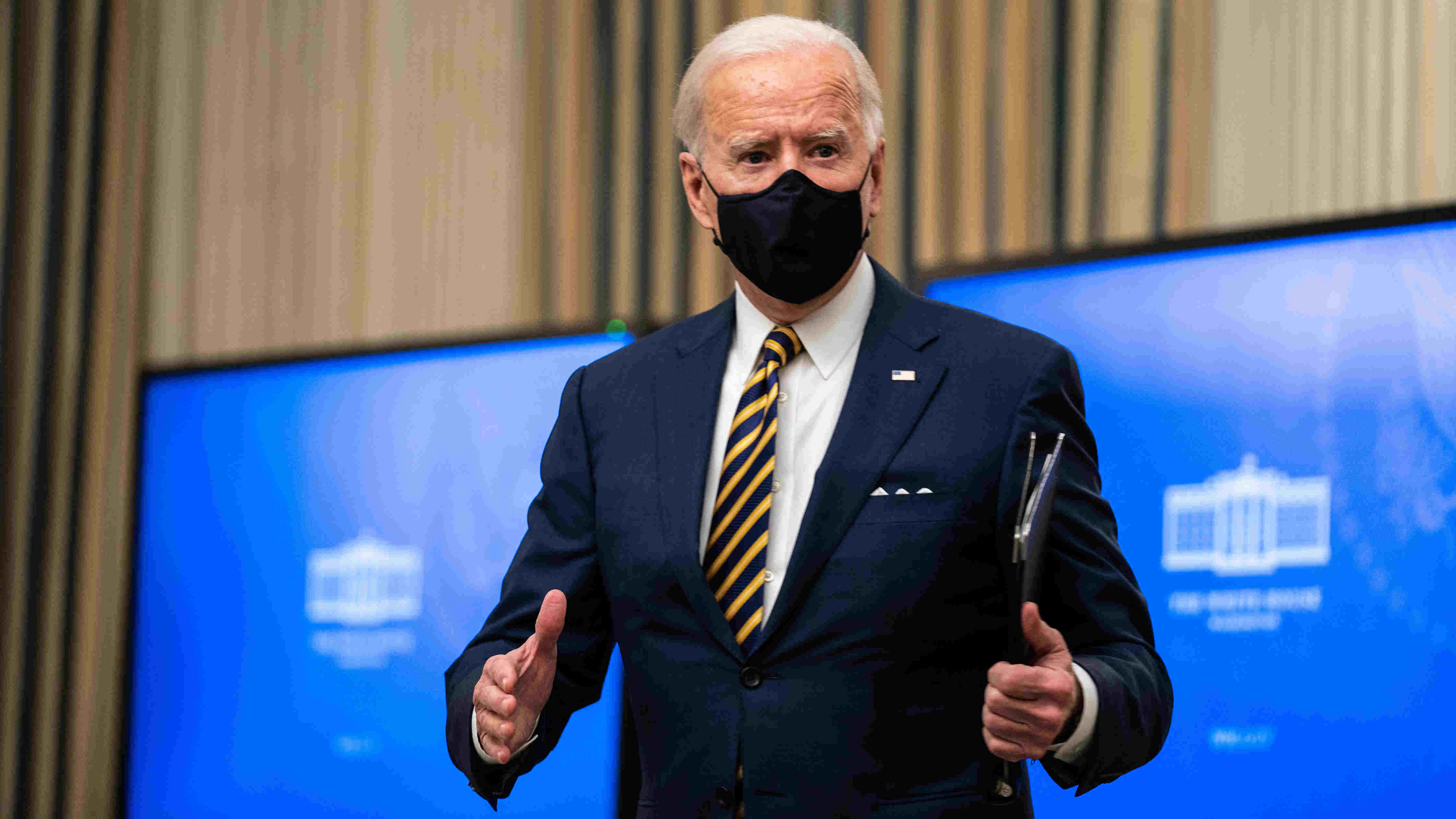The Biden administration on Friday issued a formal notification to delay the implementation of the previous Trump regime’s controversial rule to raise the mandatory minimum pay for foreign workers on the H-1B visa, the most sought after among Indian IT professionals.
The H-1B visa is a non-immigrant visa that allows US companies to employ foreign workers in specialty occupations that require theoretical or technical expertise. The technology companies depend on it to hire tens of thousands of employees each year from countries such as India and China.
The Department of Labour in its federal notification published on Friday said that it is considering whether to propose a further delay of the final rule's effective date and accompanying implementation periods that are currently scheduled to take effect on May 14, 2021, and July 1, 2021, respectively.
Before further delaying the effective date and implementation periods, the department will provide the public an opportunity to comment, it said.
On February 1, the Department of Labour proposed to delay the effective date of the final rule entitled “Strengthening Wage Protections for the Temporary and Permanent Employment of Certain Aliens in the United States”, published in the Federal Register on January 14, 2021, for a period of 60 days.
The department proposed to delay the effective date of the final rule until May 14, 2021, in accordance with the presidential directive as expressed in the memorandum of January 20, 2021, from the Assistant to the President and Chief of Staff, entitled “Regulatory Freeze Pending Review”.
As stated in the proposal, the 60-day delay would allow agency officials the opportunity to review any questions of fact, law, or policy. The department invited written comments from the public for 15 days on the proposed delay of effective date. All comments had to be received by February 16, 2021.
The department received 57 comments from the stakeholder community. It has reviewed the comments received in response to the proposal and will delay the effective date of the final rule for a period of 60 days, said the notification.
According to Mercury News, major Silicon Valley technology companies, which employ H-1B workers directly and via staffing firms, rely heavily on the visa and push to increase the annual 85,000 cap on new visas, claiming that they need more of them to secure the world's top talent.
“Critics point to abuses and allege that the visa is used by outsourcers and staffing companies, as well as by tech giants, to replace US workers with cheaper foreign labour, drive down wages and facilitate outsourcing,” it said.
The rule is a carry-over from the administration of former President Donald Trump, which proposed revisions to proposed mandatory salaries after losing a court battle to organisations including the Bay Area Council over an initial version.
If imposed, workers on the H-1B at the lowest wage level would have to receive at least the 35th percentile of the prevailing wage for their job type and location, compared with the 45th percentile in the initial version. Workers at the highest wage level would have to receive the 90th percentile, compared with the 95th percentile, the report said.











